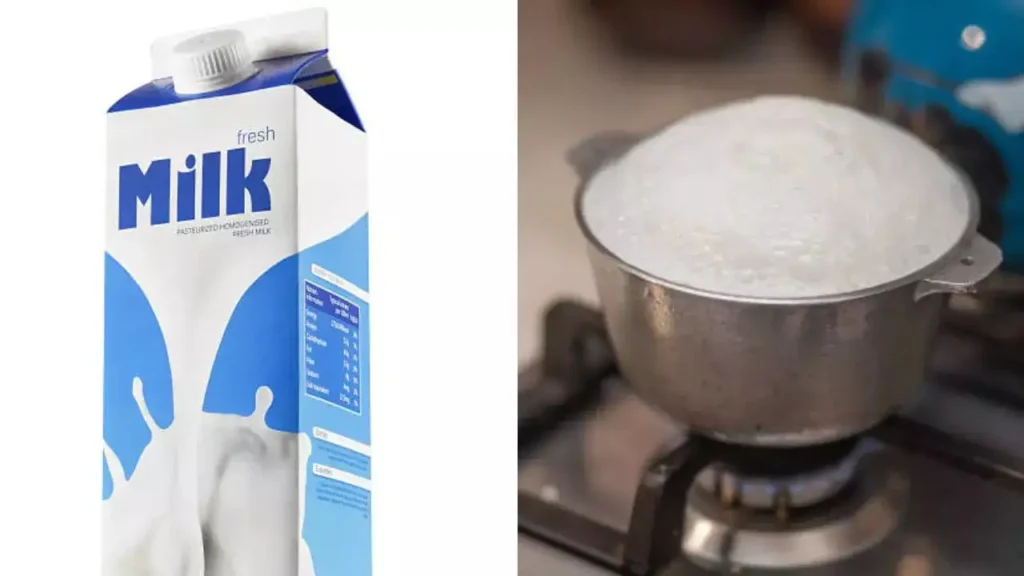For generations, boiling milk has been a daily ritual in Indian households—a symbol of purity, hygiene, and tradition. But as pasteurised, packaged milk becomes the norm in urban India, health experts are now urging consumers to reconsider this long-held habit.
According to medical professionals and food safety authorities, boiling pasteurised milk may not only be redundant—it could actually reduce its nutritional value.
Pasteurisation Is Already a Safety Net
Pasteurisation, a century-old process named after French microbiologist Louis Pasteur, involves heating milk to a precise temperature—usually 72°C for 15 seconds—to eliminate harmful bacteria like E. coli, Listeria, and Salmonella. Most packaged milk sold in India today undergoes this treatment before it reaches the supermarket shelf.
“Pasteurised milk is microbiologically safe to consume directly, provided the packaging is intact and the milk is stored at the right temperature,” said G. Sushma, a clinical dietitian at CARE Hospitals, Hyderabad. “Boiling it again at home is not required.”
When Boiling Might Still Be Warranted
However, boiling pasteurised milk isn’t entirely off the table. If there’s any doubt about whether the milk has been properly refrigerated during transport or if the packaging is compromised, experts say a quick boil can serve as an additional precaution.
“Boiling becomes a safety buffer in cases where cold chain integrity may have been broken,” explained a food safety consultant based in Mumbai. “But it should be done briefly—overheating can strip the milk of key nutrients.”
The Nutritional Cost of Overboiling
While boiling may kill bacteria, it also depletes heat-sensitive vitamins. Studies show that prolonged exposure to high temperatures can reduce the levels of vitamin B12, folic acid, and vitamin C—nutrients that are already present in small quantities in milk.
“Excessive boiling can denature proteins and degrade essential vitamins,” noted Sushma. “This might not matter much to the average adult, but for children or individuals with specific nutritional needs, it could make a difference.”
Experts recommend gentle warming, not boiling, for those who prefer their milk hot—especially if it will be used in tea or coffee, which involves additional heating anyway.
Raw Milk Is a Different Story
Unlike pasteurised milk, raw milk—often sourced directly from farms or local dairies—must be boiled before consumption. Without pasteurisation, it poses significant health risks, especially for pregnant women, children, and those with weakened immune systems.
Raw milk can harbor dangerous pathogens, including Brucella, Mycobacterium tuberculosis, and Campylobacter, which are effectively neutralised only through boiling.
Old Habits Die Hard—but They Should Evolve
In a country where tradition often coexists with modern science, experts say it’s time to update daily routines based on evidence. Boiling pasteurised milk out of habit may offer psychological comfort—but it offers little in the way of added health benefits.
“The better approach is to store milk properly, check expiry dates, and use it within a day or two of opening,” advised a senior official at the Food Safety and Standards Authority of India (FSSAI). “A sealed, pasteurised packet is already safe. Trust the process.”


